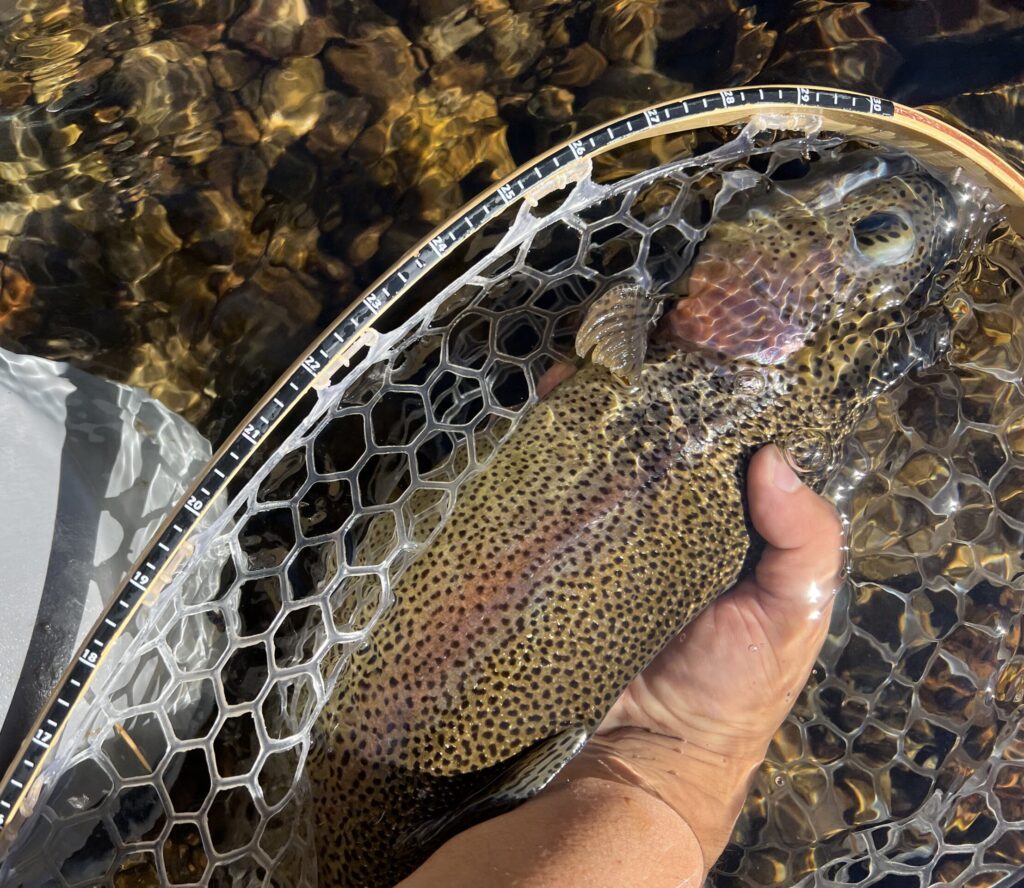As an experienced fly fisherman, I often remember my early days on the water. There’s a certain charm to the innocence of being a novice angler, but there are also countless lessons I wish I had known back then. Reflecting on my journey, I offer a few insights to any new fly fisherman stepping into the realm of rivers and streams.
First and foremost, patience is paramount. Fly fishing is “not” about instant gratification, but it helps if you catch many fish. When starting, I often felt frustrated by my lack of success, but I still do sometimes. But with time, I understood that each cast and drift is an opportunity to learn and improve.
Another lesson I had grasped earlier is the importance of observation. Paying attention to the water’s subtle movements, the fish’s behavior, and the insects hatching around me has been crucial to my success as a fly fisherman. Understanding the ecosystem in which you fish is essential for predicting where the fish will be and what they’ll be feeding on.
Moreover, learning to read the water is a skill that can take years to master. Knowing where to find fish in different conditions is vital, whether it’s identifying riffles, runs, or pools. As a beginner, I wish I had spent more time studying the nuances of river morphology and honing my ability to spot likely holding spots.
One of the most valuable lessons I’ve learned as a fly fisherman is the importance of versatility. While relying on a favorite fly or technique is tempting, being adaptable and willing to experiment has led to some of my most memorable catches. Whether trying different presentations, adjusting my leader length, or switching up my fly selection, I’ve found that being open-minded and willing to adapt to changing conditions can make all the difference.
Finally, the most important lesson I wish I had understood earlier is the importance of conservation. As fly fishermen, we protect the waters we love and the fish that inhabit them. Practicing catch and release, respecting regulations, and leaving no trace are all essential components of being a responsible angler.
In conclusion, fly fishing is a journey filled with challenges and rewards. While I may have stumbled along the way, each mistake has been an opportunity to learn and grow. To any new fly fisherman embarking on their own adventure, I offer these reflections in the hope that they may help you navigate the waters ahead with confidence and humility. Tight lines, and may your next cast bring you closer to the heart of the river.
